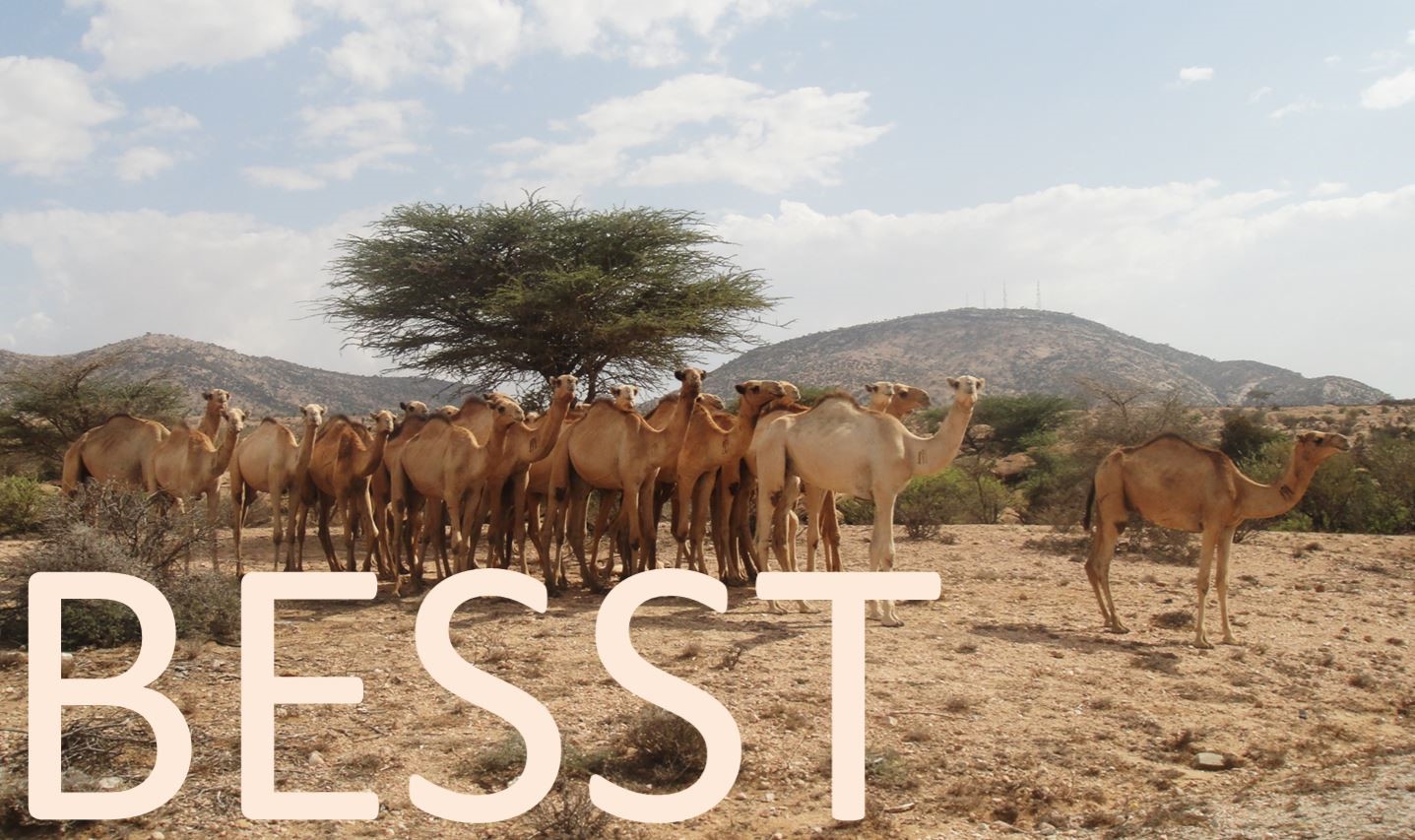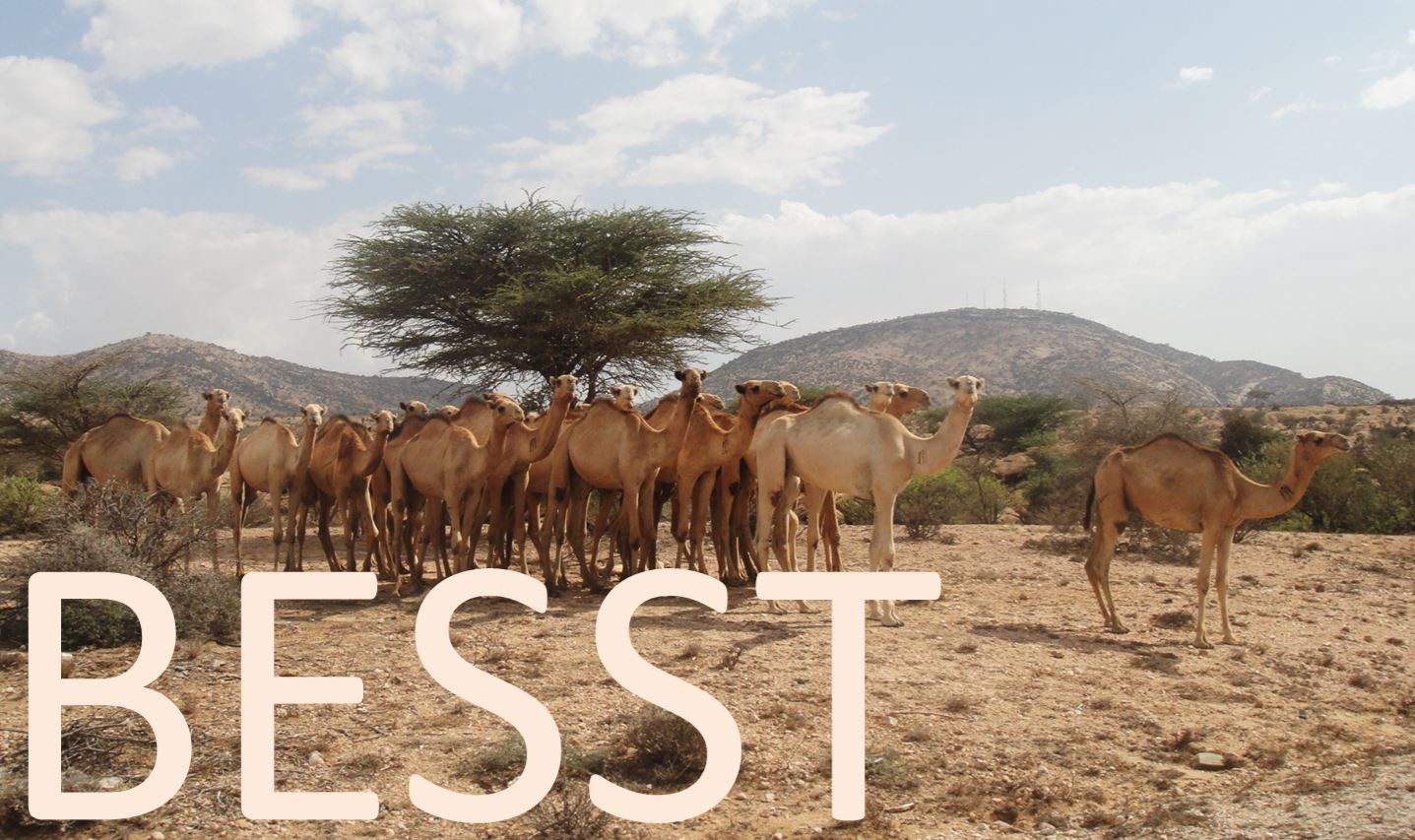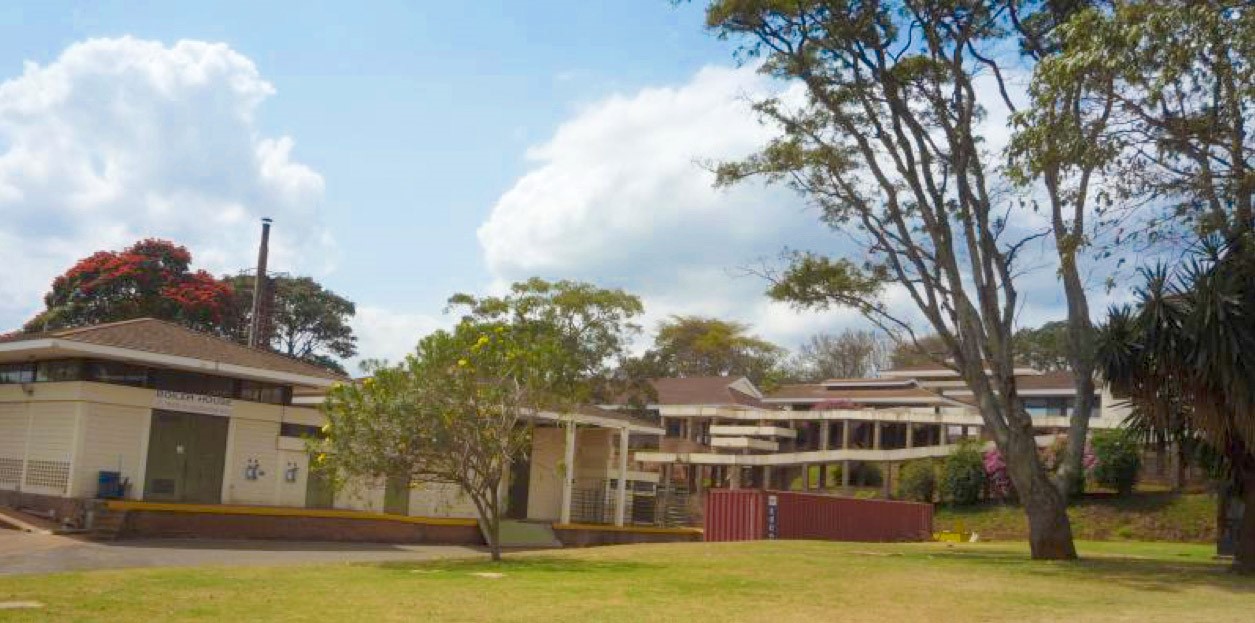The Better Enforcement of Standards for Safer Trade (BESST) initiative aims to foster inter-regional solidarity among Veterinary Services (public and private) in OIE Members in the Horn of Africa and on the Arabian Peninsula by improving compliance with OIE international standards when trading livestock and livestock products.
BESST
Historically, the Horn of Africa and the Arabian Peninsula have been partners in trade. Dhows would carry livestock from Africa and return with spices and other goods. This trade continued for centuries, and with the oil boom of the 20th century, livestock trade expanded rapidly as the oil economies became wealthier and citizens sought more meat in their diet. In the latter half of the 1900s, livestock trade further expanded with the rapid development of Mecca and the dramatic increase in Hajj and Umra pilgrims.
In recent years however the trade has been disrupted by several trade bans triggered by disease outbreaks and welfare issues. The OIE is now spearheading a new and ambitious initiative titled Better Enforcement of Standards for Safer Trade (BESST), which aims to address these animal health and welfare related issues across the Red Sea divide and to foster inter-regional solidarity among Veterinary Services (public and private) in OIE Members in the Horn of Africa and the Arabian Peninsula by improving compliance with OIE international standards when trading livestock and livestock products.
Further to an OIE international call for tender, a Selection Committee has just awarded the Kenya- and Ethiopia-based International Livestock Research Institute (ILRI) with the contract to undertake the feasibility study to support the design of the BESST Initiative. Over the next few months, ILRI will therefore assess the best possible and cost-effective modalities to minimise sanitary risks whilst opting for the least trade-disruptive measures and interventions, many of which are not only of a veterinary or technical nature, but also of a political, social and religious nature.
International Livestock Research Institute
ILRI Campus, Kabete, Kenya © Communication (ILRI) 2008


